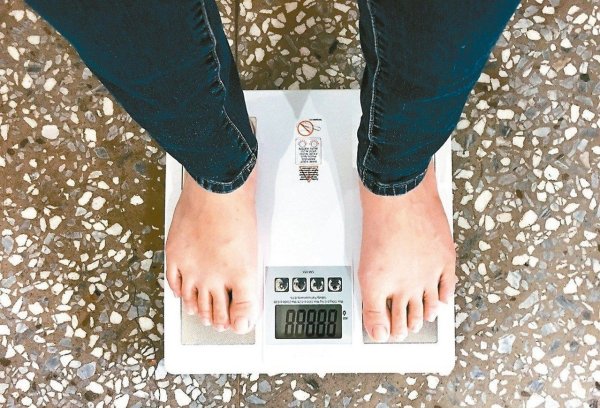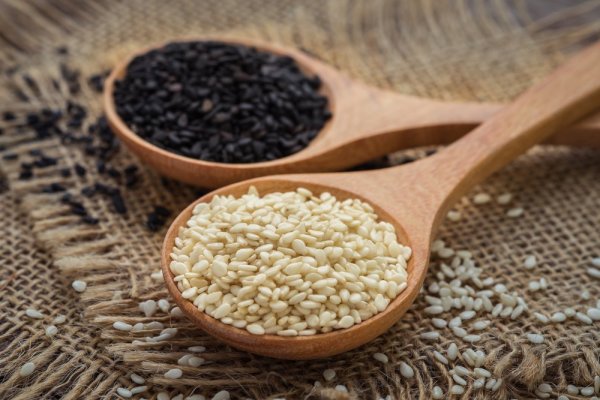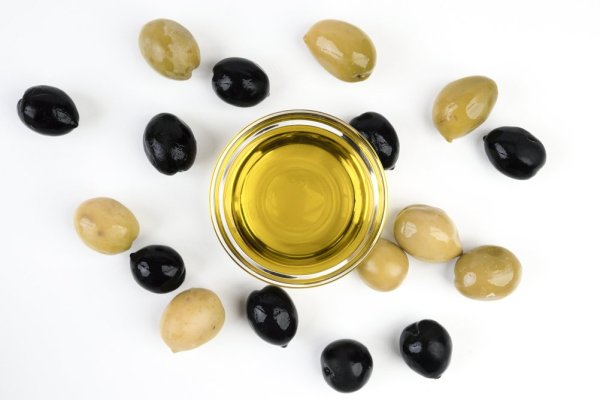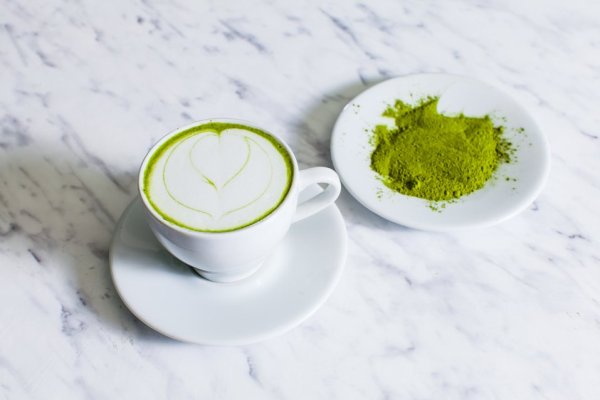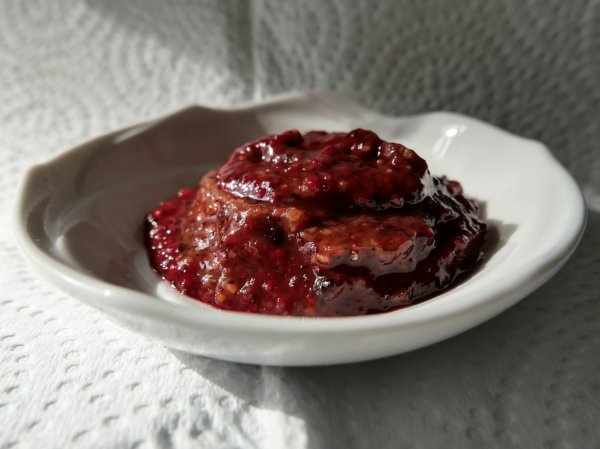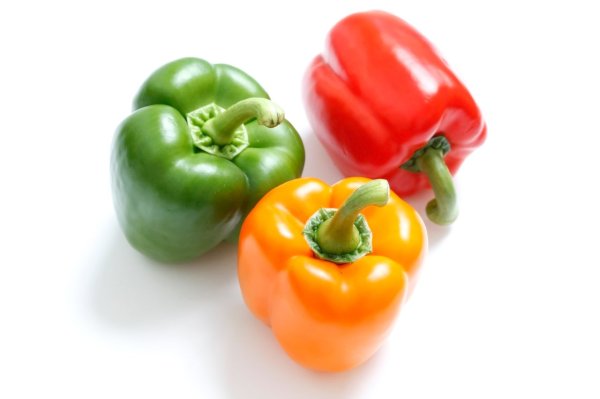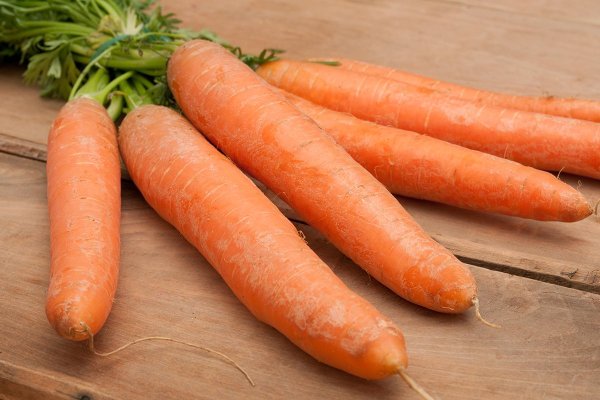Almost all beverages contain plastic particles that are harmful to health. Research shows that hot tea is twice as harmful as ice.
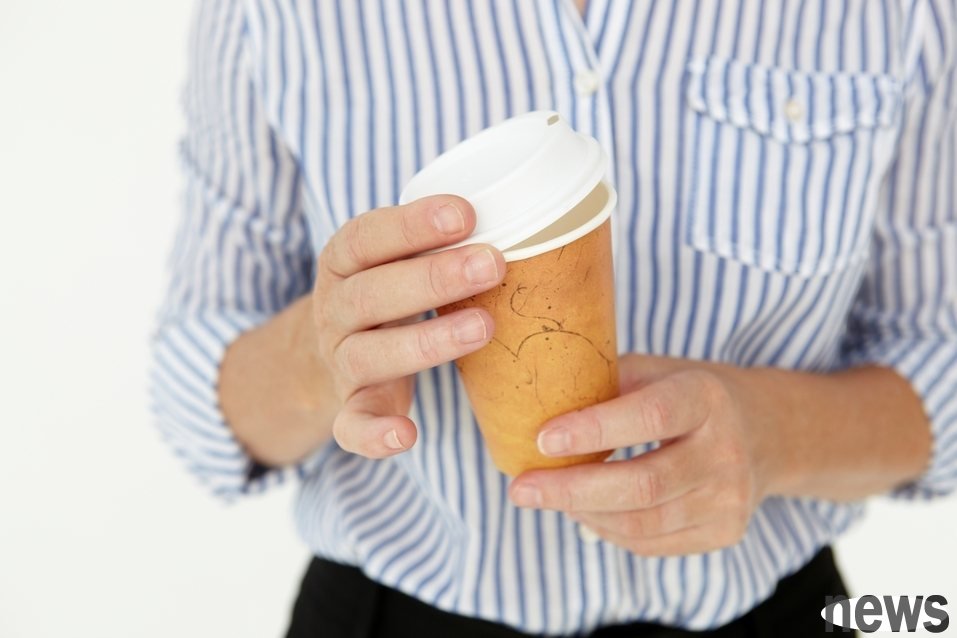
Researchers from the University of Birmingham, a well-known British university, sampled 155 popular beverages sold in supermarkets and coffee shops across the UK and found that each drink contained plastic particles that are harmful to health. Hot drinks contain more particles than cold drinks, and hot tea contains more than twice as much plastic particles as iced tea. Keeping drinks cool can effectively reduce the threat.
Plastic particles are tiny plastic fragments ranging from 1 nanometer to 5 millimeters. They are the residues after the long-term decomposition of larger plastic fragments. They are everywhere, from cleaning products, clothing and cosmetics, to the air you breathe and the food you eat.
{99 9}These invisible invaders even accumulate in the human body, threatening health.
This study found a worrying phenomenon, but also suggested a solution. A simple way to reduce plastic content is to keep drinks cold.
The researchers tested 31 beverages, including coffee, tea, energy drinks, sodas and juices; they took the samples to the laboratory, filtered them and analyzed them under a microscope.
Mohamed Abdallah, the lead author of the study, said that plastic particles are common in all hot and cold drinks, which is very worrying; the higher-temperature beverages have significantly higher plastic particle content than lower-temperature beverages.
Hot tea tops the list of plastic particles, with an average of 49 to 81 plastic particles per liter, which is more than twice that of iced tea, which has 24 to 38 particles. Hot coffee has the second highest content, with 29 to 57 plastic particles per liter, which is slightly higher than iced coffee's 31 to 43 particles.
Research results show that heating will accelerate the release of plastic particles in packaging, resulting in an increase in the content of plastic particles in hot drinks.
Hot tea brewed in disposable cups contains the most plastic particles, with an average of 22 plastic particles per cup, and hot tea brewed in glass containers contains 14 plastic particles per cup.
The latest results echo the previous research inference that "heating will increase the release of plastic particles from packaging materials", showing that hot drinks are more likely to contain plastic particles than cold drinks.
However, cold drinks are not completely harmless.
Juice contains 19 to 41 plastic particles per liter, and energy drinks contain 14 to 36.
Soft drinks contain the lowest amount of plastic particles, with an average of 13 to 21 particles per liter.
Researchers also surveyed the drinking habits of more than 200 adults in the UK. It was found that women on average consume about 1.7 plastic particles per kilogram of body weight per day, and men about 1.6.
The impact of plastic particles on human health is still unclear, but scientists have found that these particles can accumulate in organs and tissues such as the blood, brain, kidneys, lungs, liver, testicles, and placenta.
Other studies have shown that plastic particles can damage cells, destroy intestinal bacteria and cause inflammation, which may damage the immune system and accelerate aging.



